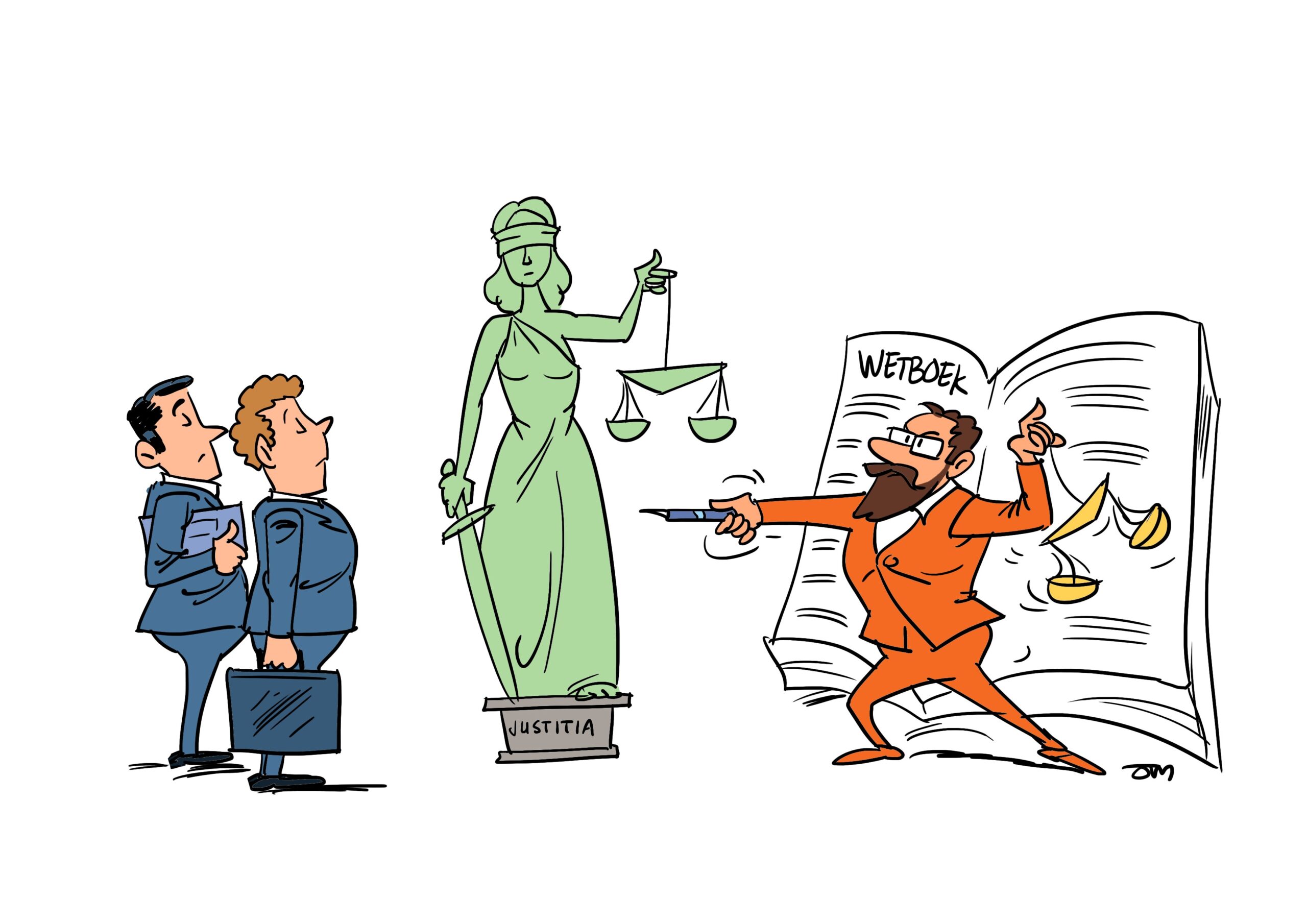Window dressing and one man company, what is that about? That is about dressing up your annual result.
Window dressing
Window dressing is something shops will recognize. It is all about making your product so attractive, a potential client needs to come into your shop. That is the first step to persuading that potential client to become a true client.
The official translation is ‘making it more attractive than it actually is’.
Window dressing and one man company
That is actually about making it more attractive than it actually is. This is a manner of running the books large Dutch company apply already for many years. Sometimes a big company has a very negative result and exactly in that year more losses are taken. Losses they could have taken in later years they take now. That makes the year with the bad result look worse, so following years can look better. Or the other way around. A company has a very good year. To make that year even better, certain costs are delayed to just over the year end date.
The one moment the one man company has to show its balance and profit and loss, is December 31 of any given year. If you go to the bank, the bank wants to see the balance and profit and loss over the past two or three years. To my surprise often the entrepreneur is being held responsible for the equity that is in the company, being so low or even negative. Why to my surprise, well the equity in a so called one man company does not exist, it is a transparent company, so the equity shown is only to get the balance into balance, but is heavily influenced by money already taken out. That take out is not part of the result.
If you know well ahead that you are going to need a loan to purchase a house or something else, you can practice the window dressing, within the rules and regulations, to keep the equity high.
Window dressing and one man company – Example of window dressing

Debtors
One rule we have is that you need to invoice the turnover that is open for invoicing, in the year the activity was done. That implies, if you do a job for a client in December, you do not invoice in January, but you need to invoice in December.
Any month of the year that is not a true problem, only in the month of December. Please invoice the current year turnover made in the month of December, in December. Why? If you invoice on December 31st chance is that your client is not paying the same day, so your value of outstanding debtors is high. A high debtor balance is good for your equity.
Actually, you are not so much window dressing here, but more fully complying with rules you might not be so much aware of. Also a higher turnover gives you a higher result. It works two ways.
A window dressing act is not to chase your debtors in December, then the debtor balance is higher. Of course your cash is lower. But if you would have had more cash, you most likely would have taken more money out of the company. That is what a human being does and that is what a transparent one man company offers.
Putting in cash in the company
Before the end of the year you could decide to put in from your private bank account some cash in the business bank account. This is subject to discussion with the tax office and has been in court, but up to about EUR 50.000 cash in the bank of the one man company we do not expect a discussion. Important is to make plausible that you need this cash to pay the costs in the start of the new business year. A business bank account funded by the personal bank account is doing an awesome job for the equity.
Delaying costs
If you need to make some costs, but for the company there is no difference in making the costs either in December of January, make them in January. Less costs means a higher bank balance and a higher result. That are numbers the bank is looking for.
More turnover
Maybe this is a bit obvious manner of window dressing, but if you know you want to make an investment for the size that you need a loan from the bank, you as entrepreneur are in the position to make a difference by simply putting in more effort in the company to get more turnover. That is the difference between being an entrepreneur and an employee or manager.
Tax-is-exciting
We think that the balance of the transparent one man company is often approached by a financial institute without taking into account it is a transparent company. Weight is put on the equity, whereas the equity in a transparent company is not always something you can pin point. It is a combination of the balance that results in this number and the amount the entrepreneur takes up for his private costs influences that equity amount immense. This is a substantial difference between the closed system of a BV company and a transparent one man company. If you then know what the financial experts are looking for, you can serve them as we stated above.
Sorry for the dashes in the middle of the word tax-is-exciting. Apparently Google has a dirty mind and sees only a three letter word that we refer to when we practice to reproduce ourselves. Anything related to that word is spam, hence this devout solution.





